
Emily Cureton
Producer

Producer
I am a producer at Jefferson Public Radio. Previously, I was a senior reporter with the Del Norte Triplicate, a community newspaper serving California’s most northerly coastal county.
Since graduating from the University of Texas at Austin in 2007, I've lived in America's biggest city and a few of its tiny towns. My coverage of the intersection between rural health needs and corporate health care delivery won a 2012 California Newspaper Publishers Association award for investigative reporting.
I write about environmental issues, local and tribal governments, social services, health. and a wild array of things that come up in a county with myriad public lands, one super maximum security state prison, two federally recognized tribes, 28,000 residents, 10 percent unemployment and the tallest trees on earth.
When swells roll in I can be found surfing around Crescent City, dressed a lot like a seal, deleting the word shark from my vocabulary and looking for a big break.
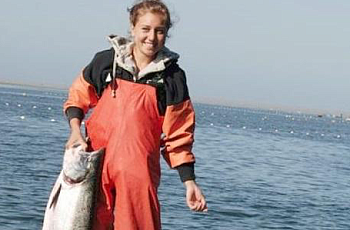
"It’s around 10 p.m. when I call a crisis worker for victims of domestic violence in remote Northern California," writes reporter Emily Cureton. "I’m panicking, 150 miles away in Oregon. I’m really afraid someone is going to get hurt tonight."
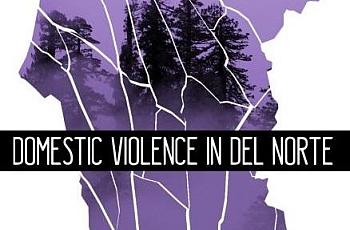
Tracking domestic violence is difficult; more so in rural areas. But in California’s Del Norte County, these calls come into law enforcement agencies at a rate two-and-a-half times that of anywhere else in the state.

Domestic violence breeds shame and fear, which often keeps the abused from seeking help. Shame and fear also feed family and social dysfunction, and violence can become a normal part of life, a curse that gets passed down from generation to generation.

In rural California, the state says the solutions to domestic violence require a cultural shift, that entire communities must take responsibility for ending violence against women. Now, new programs on the ancestral lands of the Yurok Tribe are trying to do that.
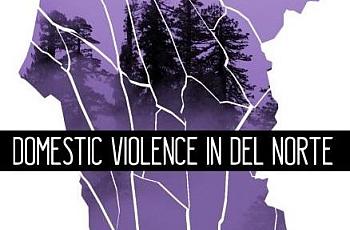
Emily Cureton’s reporting was undertaken as a California Health Journalism Fellow at the University of Southern California's Center for Health Journalism. ...
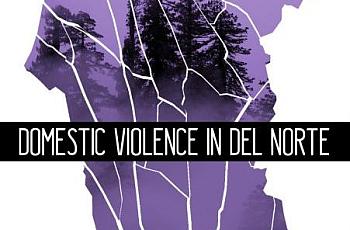
Even though people in California's Del Norte County have been reporting domestic violence at a staggering rate, most abuse is suffered in secrecy. That can make it easy to overlook the fact that Native American communities are disproportionately affected.
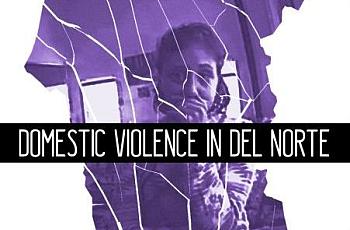
For some residents of Del Norte County in Northern California, domestic violence is a daily occurrence. The story of Tara Williams shows just how difficult it can be to find a way out.
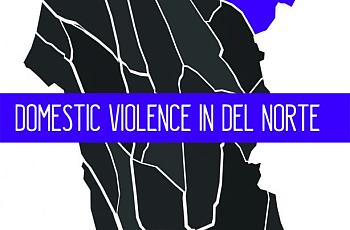
Domestic violence is reported at a higher rate in Del Norte County than anywhere else in California. And experts say the number of convictions, arrests, and 911 calls reflects only a fraction of the actual violence and abuse taking place.
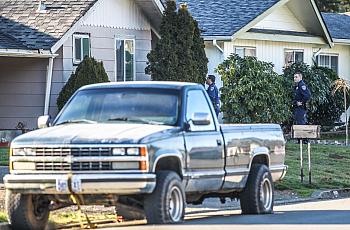
As California's statewide figures drop, Del Norte County has seen its domestic violence rate skyrocket. That raises a question: How are domestic violence survivors in this rural community on the Northern California coast faring after reporting abuse?